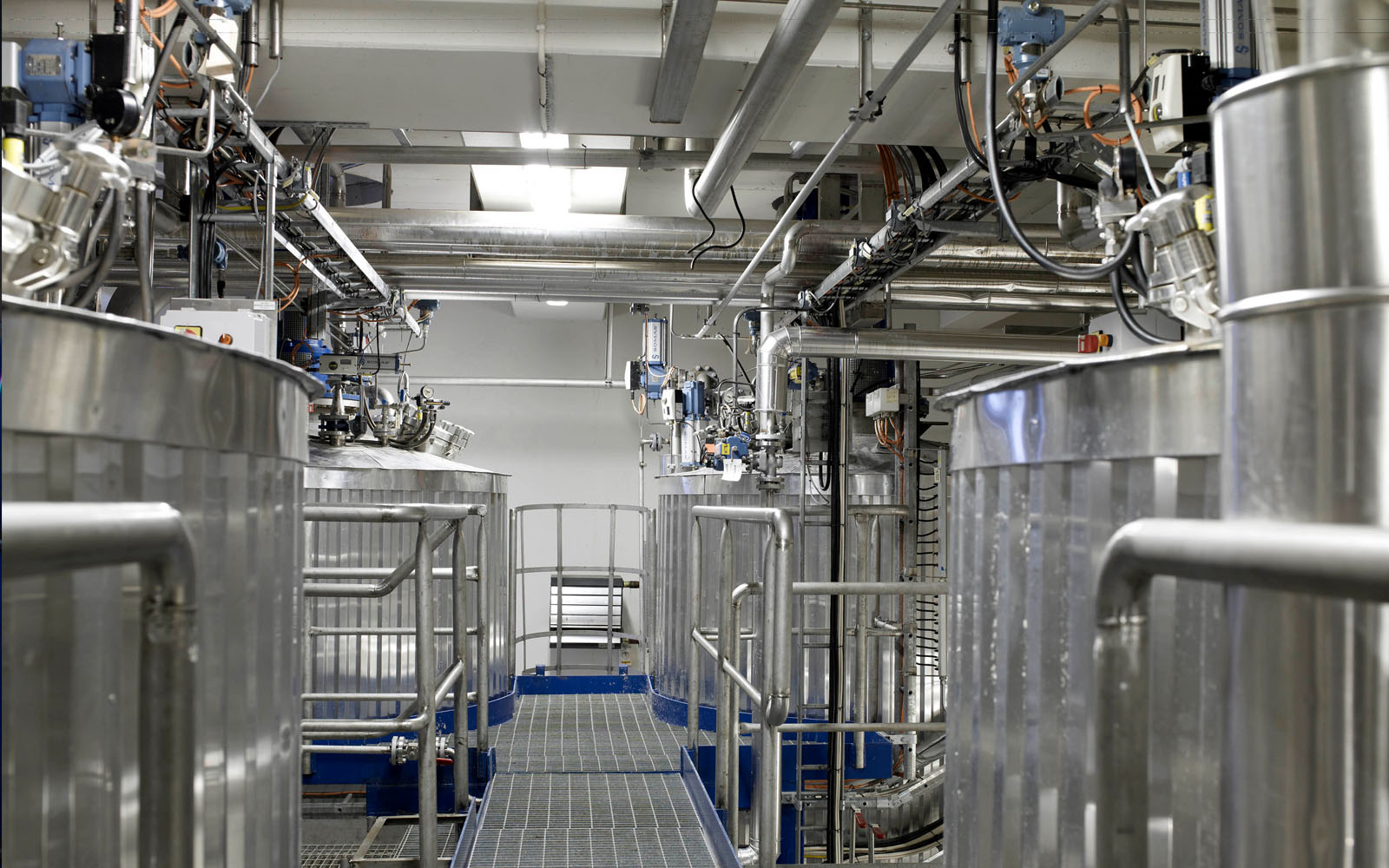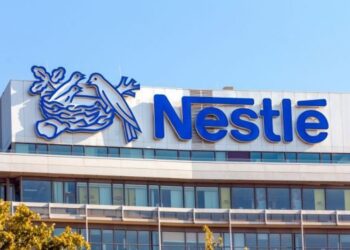Earlier this week, Chellarams Plc released its financial statement for the year ended March 31, 2018, reporting a revenue decrease of ₦8.7 billion, as against ₦12.4 billion recorded in 2017. The company also reported a loss of ₦200 million compared to ₦334 million reported for the preceding financial year.
This company is one of those NSE-listed corporate entities that are seldom in the news. Consequently, it is not very popular, despite the fact that it has existed for decades with a slew of products to its name. For our corporate profile, we have chosen to focus on this company. Get to know all there is to know about their history, products, financial records, and more.
About Chellarams Plc
Chellarams Plc is a conglomerate with many subsidiaries, some of which include Dynamic Industries Limited, Cheltek Industries Limited, United Technical & Allied Services, etc. It is engaged in the manufacturing and distribution of a wide range of products, encompassing consumables and industrial goods. As such, its activities are segmented into two broad categories: consumer goods and industrial raw materials.
Examples of the products manufactured by Chellarams Plc include bicycles, generators, industrial chemicals, butter, and frozen foods. They also process industrial raw materials such as cheese, fat-filled milk powder, and skimmed milk powder, all for the fast-moving consumer goods sector. Asides manufacturing, Chellarams also provides maintenance services, distribution services, marketing/retail services, etc.
Note that one of Chellarams’ most recognisable brands in Nigeria is the Kentucky Fried Chicken (KFC) which has branches located across the country.

The company was officially incorporated in 1947, even though it had been operating in Nigeria since 1923. It became listed on the Nigerian Stock Exchange (NSE) in 1974. Consequently, it has operated in Nigeria for nearly a century, providing “Nigerians with access to the highest quality goods and services across multiple categories,” as they claim on their website. Some of their notable brands are listed below:
- Oldenburger
- Suzuki
- Herocycles
- Regal milk
- Regal Gold
- Real Milk
- KFC
- Fonterra, etc.
A brief profile of the company’s MD/CEO
Suresh Murli Chellaram is the Chief Executive Officer (CEO) and Managing Director of Chellarams Plc. He studied at the University of California, graduating in 1976 with a degree in Business Administration.
His professional experience includes decades-long career as a top executive in the company. First, he headed Chellarams Group USA until 1984 and later joined Chellarams Nigeria Plc. He was appointed the company’s Managing Director in 1989. He has since played a major role towards the transformation of the company.
Asides being successful in boardrooms, Mr Chellaram is also a philanthropist who is affiliated with quite a number of charity organisations in Nigeria and elsewhere. He has also been involved in the Nigeria Economic Summit Group, the Young Presidents Organisation, etc.
On the company’s target market
Chellarams Plc has a wide target range in the Nigerian market, considering the fact that it has operations in different sectors of the economy. For instance, while some of the company’s consumables such as Regal Milk are targeted at the end consumers, other semi-processed raw materials are targeted at key industry players. Specifically, the company targets the foods industry with its specialty ingredient for the production of dairy products. It also markets chemicals to the manufacturing industry, while also serving the retail market, power generation and marketing industry, etc.

The company’s competition
As one of the leading Nigerian conglomerates with stakes in both consumer goods and industrial products, Chellarams Plc finds itself competing with quite a number of other companies.
Some of these competitors include other companies engaged in the manufacturing of milk products, including Frieslandcampina WAMCO Nigeria Plc, Promasidor Nigeria Limited, Nestle Nigeria Plc, etc.
Kentucky Fried Chicken is also being challenged by the likes of Chicken Republic, Sweet Sensation, the Place, Tastee, and so many other fast food restaurants that are emerging by the day to take advantage of Nigerians’ crave for junk food.
Other competitors include bicycle manufacturers in Nigeria, industrial chemical producers and marketers, power generating companies in the country, etc.
A look at the company’s declining financial performance over the years
Unfortunately, Chellarams Plc’s financial history shows decreasing returns and profitability over the past five years. The company’s annual revenue dropped from ₦23.3 billion to an abysmal ₦8.7 billion in just five years; that is between 2013 and 2018. A breakdown can be seen below:
March 2018: ₦8.7 billion
March 2017: ₦12.4 billion
March 2016: ₦20 billion
March 2015: ₦25 billion
March 2014: ₦27 billion and
March 2013: ₦23.3 billion
The biggest profit recorded by the company in the last five years was in 2015, with an impressive ₦3.1 billion profit after tax. Prior to this time, the company had recorded a loss of ₦74 million in 2014, against ₦90.4 million recorded in 2013 which in itself is a loss compared to ₦251 million reported in 2012.
Unfortunately, the company failed to maintain the impressive profit recorded in 2015. Profit quickly plummeted from ₦3.1 billion to just ₦157 million in 2016. In 2017, it recorded ₦334 million in profit and then ₦200 million in 2018.

Why is the company losing?
A decline in sales in recent years has led to lower margins and loss erosion. A closer look at the recently released result shows that sales have drastically reduced for the company’s FMCG line of products, having generated only ₦1.3 billion.
This is unfortunate, especially considering the fact that the FMCG segment hitherto generated a bulk of the company’s revenue. The segment generated ₦3.8 billion in 2017, ₦6.3 billion in 2016 and ₦7.5 billion in 2015.
Chellarams has over the past few years failed woefully to compete in a market that is rife with competition and consumers spoilt for choice. This should not be the case. As one of the oldest companies with a slew of products and a good reputation to booth, this company should be dominating the markets where it operates while its competitors trail behind.
Chellarams has to rejig its business model, and most importantly leverage its nearly century-old manufacturing experience to save its declining financial records.
Chellarams Plc may also need to embark on a fund-raising drive in order to fully reposition and be able to compete. Until this is done, this company may continue to play second fiddle in the areas it operates, struggling to compete even as its revenues and profits continue to suffer.


















